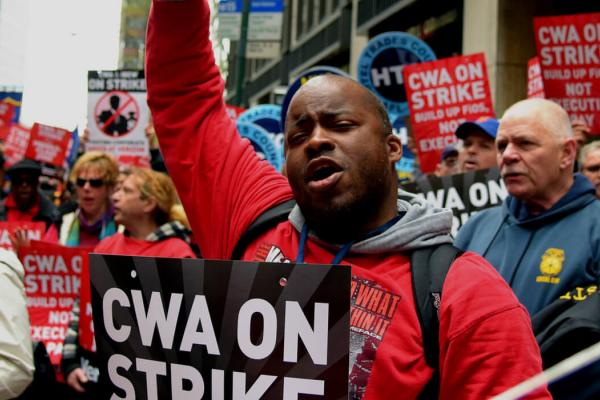MOST OF US KNOW that there is something drastically wrong with the American economy. In 2017, the richest 10 percent of the population owned 77 percent of the nation’s wealth and the 20 richest Americans had more wealth than the entire bottom half of the American population. What is worse is that the new tax bill passed by President Trump and the Republican Congress will increase this imbalance. By 2027, according to the Tax Policy Center, 90 percent of its benefits will go to the richest of Americans. Because the changes will be incremental, they are not likely to be noticed by the vast majority of citizens until it is too late.
Financing these tax breaks for the rich is being accomplished in three ways. First, there will be cuts in benefits for the middle class, which that will mean less money for higher education, medical programs, and social security. Second, there will be dramatic cuts made to the programs that have heretofore provided a safety net for the poor, including cuts to the food stamps program, Medicaid, and housing subsidies. Third, there will be a huge increase in the national debt.
Read the Full Article

